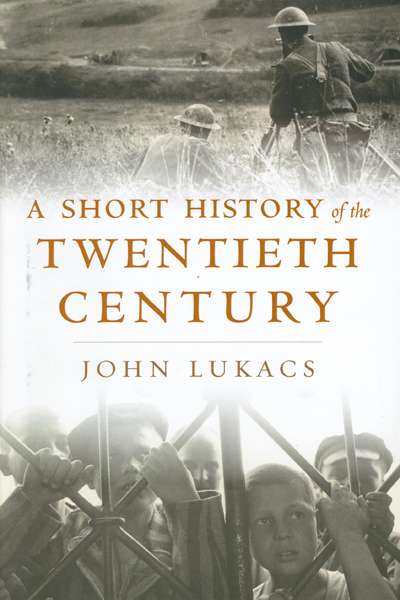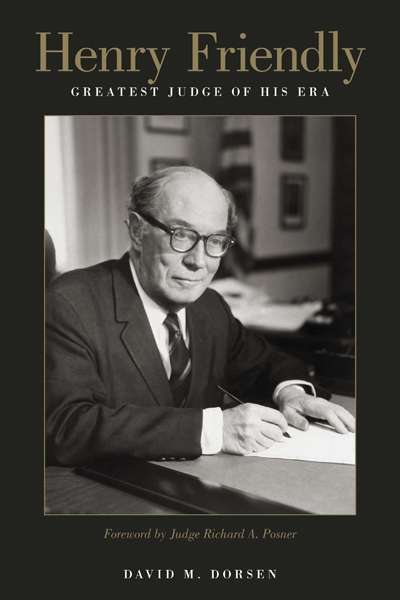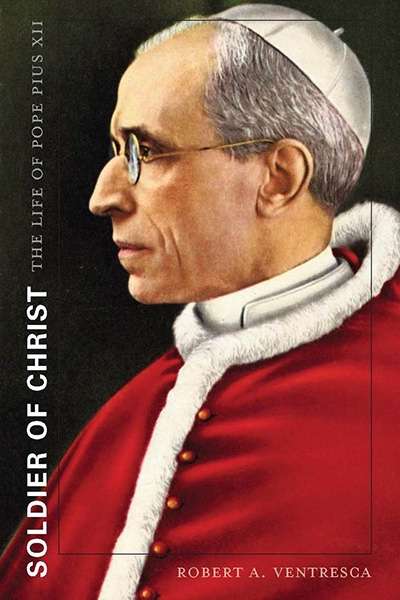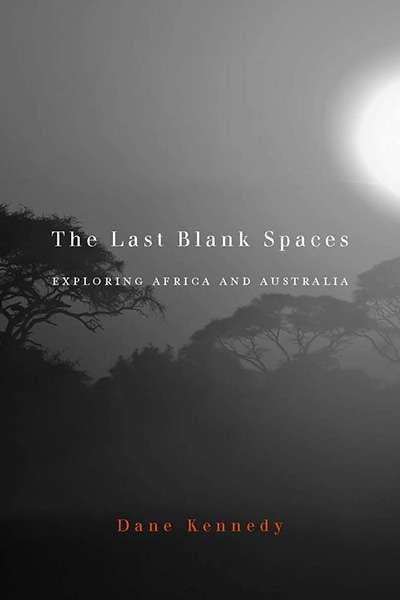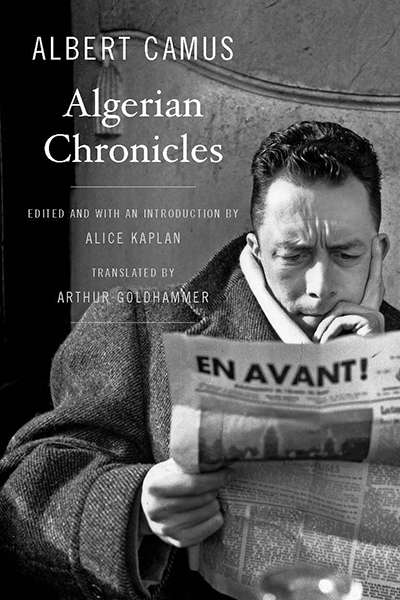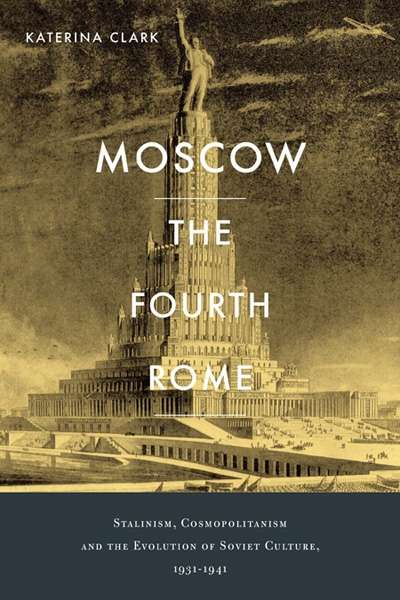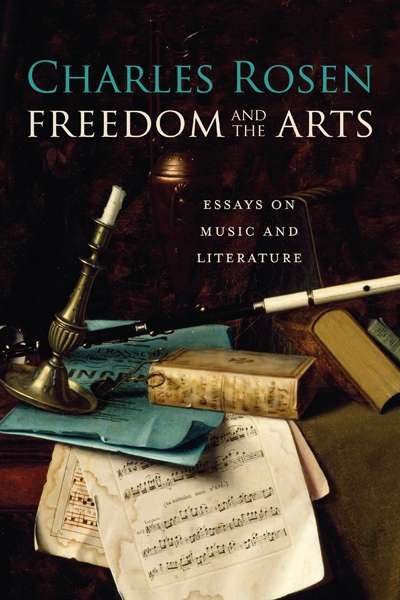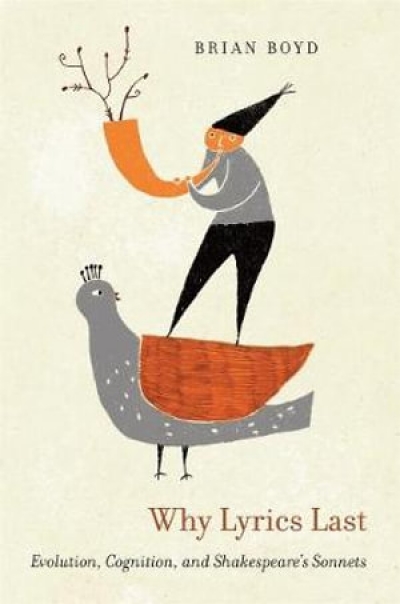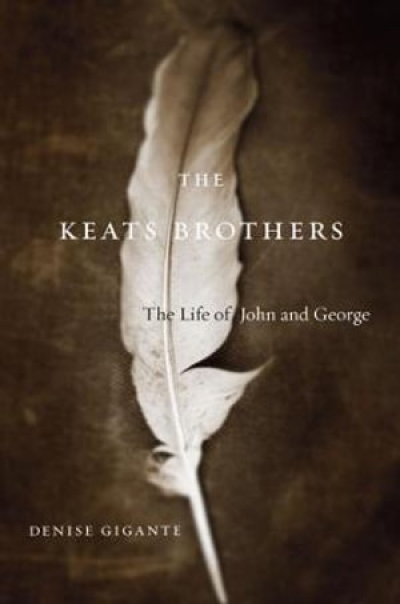Harvard University Press
A Short History of the Twentieth Century by John Lukacs
by Geoffrey Blainey •
Henry Friendly: Greatest judge of his era by David M. Dorsen
by Michael Crennan •
Soldier of Christ: The Life of Pope Pius XII by Robert A. Ventresca
by Ray Cassin •
The Last Blank Spaces: Exploring Africa and Australia by Dane Kennedy
by Norman Etherington •
Algerian Chronicles by Albert Camus (edited by Alice Kaplan and translated by Arthur Goldhammer)
by Colin Nettelbeck •
Moscow, the Fourth Rome: Stalinism, Cosmopolitanism, and the Evolution of Soviet Culture, 1931–1941 by Katerina Clark
by Nicholas Hordern •
Freedom and the Arts: Essays on Music and Literature by Charles Rosen
by Michael Morley •
Why Lyrics Last: Evolution, Cognition, and Shakespeare’s Sonnets by Brian Boyd
by Chris Wallace-Crabbe •
The Keats Brothers: The life of John and George by Denise Gigante
by William Christie •
Charles Dickens by Claire Tomalin & Becoming Dickens by Robert Douglas-Fairhurst
by Evelyn Juers •

